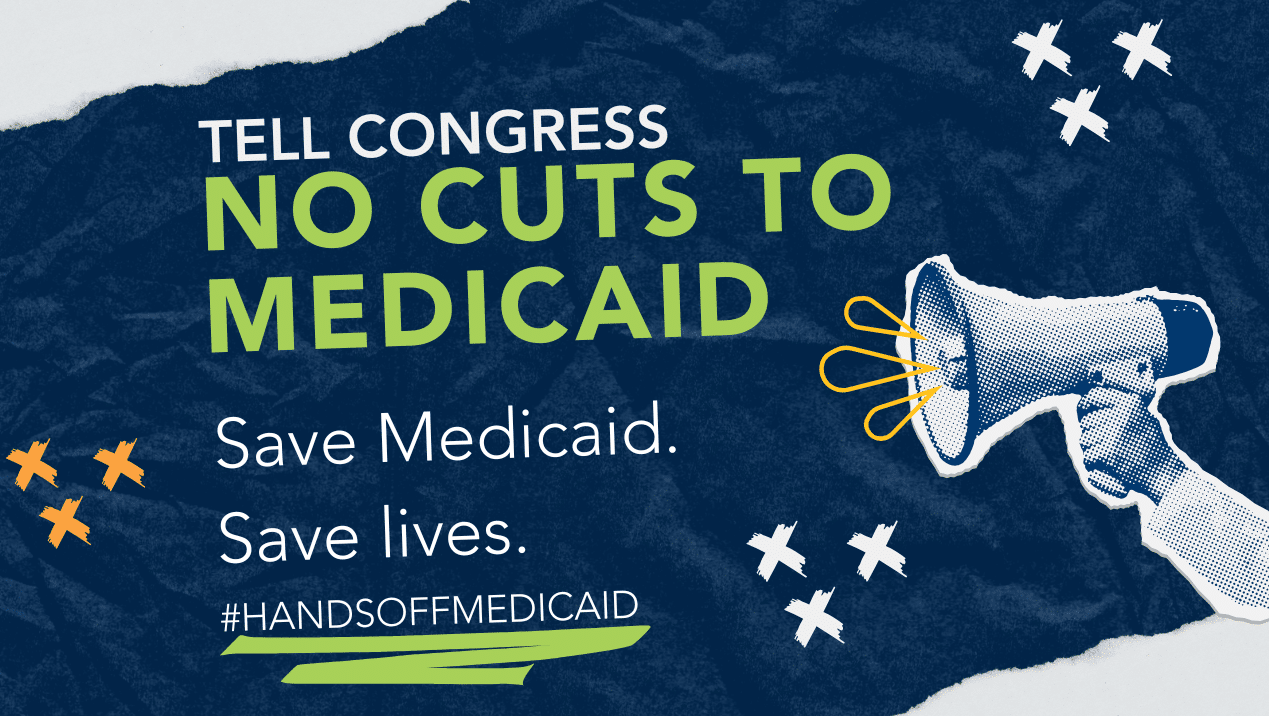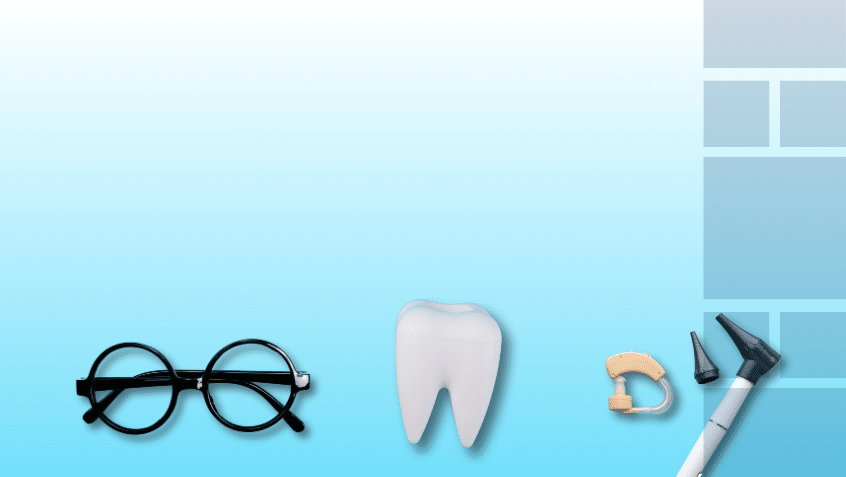Take Action: Tell your senators to reject harmful cuts to health care!
Many Older Adults with Medicare Not Getting the Long-Term Help They Need

A new study by the Commonwealth Fund examines the use of long-term services and supports (LTSS) among Medicare beneficiaries age 65 and older, and finds that the Medicare program is falling behind in offering the supports many older adults need. Currently, Medicare does not broadly cover most types of LTSS that could help older adults and people with disabilities remain in their homes and communities as they age. While Medicare Advantage does cover some limited LTSS, this coverage is spotty, and does not apply to the approximately two-thirds of Medicare beneficiaries who rely on Original Medicare.
As average life expectancy has lengthened, more people are relying on assistive devices, environmental modifications, or caregivers to accomplish what are known as activities of daily living, or ADLs. ADLs are everyday self-care tasks like walking, feeding yourself, dressing and grooming, toileting, bathing, or transferring from one body position to another.
According to the study, nearly two-thirds of all older Medicare beneficiaries who live in the community have one or more ADL. To manage these tasks, nearly 50% use assistive devices like grab bars, walkers, and canes; 13% use assistive devices and also receive help from another person; 1% receive help but do not use assistive devices; and 5% struggle to cope without devices or help.
Despite this assistance, many Medicare beneficiaries with ADL limitations say they have faced adverse consequences—like going without washing, having to stay in bed, or having toileting accidents—because no one was there to help with the activity or because it was too difficult to do on their own. The most common consequences of unmet LTSS needs were an inability to leave the home or to access all areas of the home. All of these consequences are significant, and all can lead to even more serious problems down the road, including the need for hospitalization or nursing facility admittance. In addition, the isolation an older adult may experience from being unable to leave the home may lead to depression, loneliness, or untreated health conditions.
Medicare should do more in this space to promote the health, safety, and independence of every beneficiary. As cited by the study, models that provide Medicare-funded LTSS show significant cost savings for the program and better health outcomes for beneficiaries. Addressing LTSS needs early, and thoroughly, benefits the entire health system and promotes the health and well-being of people with Medicare, their families, and their communities.
Show Comments
Help Us Protect & Strengthen Medicare.
Donate today and make a lasting impact.
The Latest
Most Read
Add Medicare to Your Inbox
Sign up to receive Medicare news, policy developments, and other useful updates from the Medicare Rights.
View this profile on InstagramMedicare Rights Center (@medicarerights) • Instagram photos and videos









